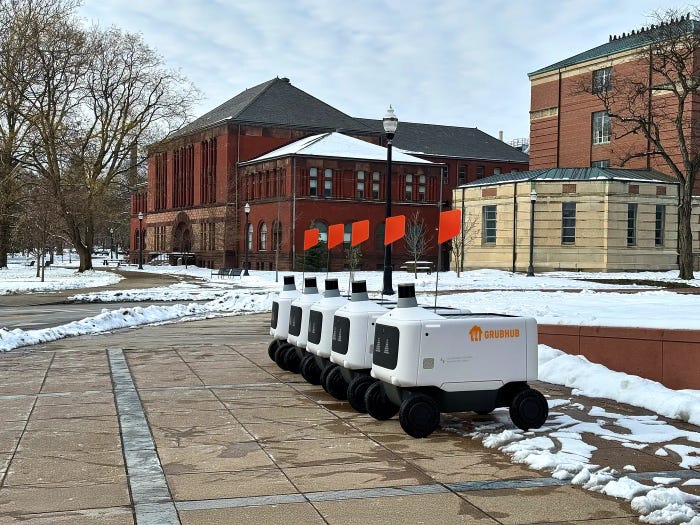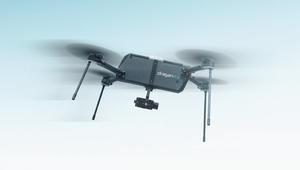Robots Could Help Japan Solve 2024 Labor ShortagesRobots Could Help Japan Solve 2024 Labor Shortages
Automation and robotics solutions are expected to see rising deployment in the nation as it sees new working regulations introduced
.png?width=1280&auto=webp&quality=95&format=jpg&disable=upscale)
Automation and robotics could be the answer to solving Japan’s anticipated labor shortages and supply chain disruptions in 2024, an International Federation of Robotics (IFR) report has said.
New overtime regulations for truck drivers in Japan are coming into effect in 2024, limiting the amount of time drivers are allowed to work in a move intended to improve conditions.
The new regulations are, however, also anticipated to spark issues with supply chains as Japan struggles to fill the labor gaps, in what’s being referred to as the “2024 problem.”
Development of automation strategies is expected to ramp up in the country to meet this challenge, targeting not only logistical issues but also “a wide range of industry challenges the new working time legislation will cause,” according to the IFR.
“The government's overtime cap is an important step to improve working conditions for employees,” says Takayuki Ito, IFR’s vice president. “Industrial and service robots deliver great solutions to automate. Robots relieve workers of dirty, dull and dangerous work and help to close productivity gaps.”
According to IFR figures, mobile robot solutions could save truck drivers 25% in working time by automating the process of loading and unloading of cargo, as well as reduce order fulfillment errors and recover the time used to correct these issues.
“Regulations of overtime work and the demographic change will require the adoption of automation technology in many branches of the Japanese economy,” said Ito. “The challenges of the trucking industry are good examples to show how robotics and automation deliver adequate solutions for our workplaces of the future.”
Japan is not the only nation expected to deploy service robots. IFR says the rising use of service robots is anticipated to be a global trend, primarily being deployed for transportation and logistics purposes.
“On a global scale, more professional service robots were built for the transportation of goods or cargo than for any other function,” the report said. “Sales grew by 44% with more than 86,000 units sold in 2022 worldwide.”
Read more about:
AsiaAbout the Author
You May Also Like


.jpg?width=700&auto=webp&quality=80&disable=upscale)
.jpg?width=700&auto=webp&quality=80&disable=upscale)

.jpg?width=300&auto=webp&quality=80&disable=upscale)


